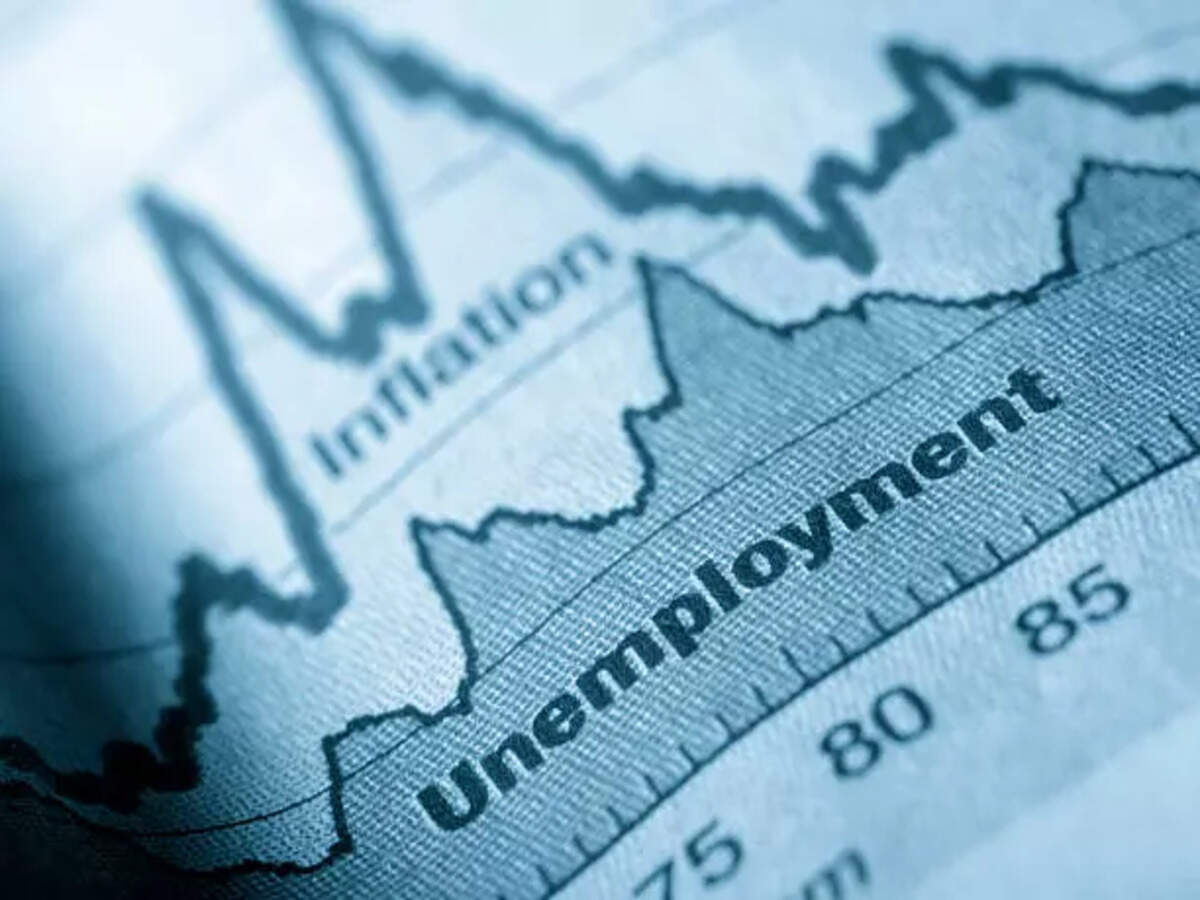Germany"s unemployment rate has surged past three million for the first time in a decade, marking a significant economic downturn that has raised alarms across the nation. As of this week, the Federal Employment Agency reported that the number of unemployed individuals reached 3.1 million, a stark increase attributed to rising inflation and ongoing geopolitical tensions.
This sharp rise in unemployment comes amid a backdrop of economic challenges, including the lingering effects of the COVID-19 pandemic and disruptions in global supply chains. Analysts have noted that the manufacturing sector, a backbone of the German economy, has been particularly hard hit, with many companies struggling to cope with increased costs and reduced demand.
Historically, Germany has maintained a low unemployment rate, but this recent spike reflects a broader trend impacting many European nations. The current economic climate has led to fears of a recession, prompting the government to consider new measures to support job seekers and stimulate the economy. Recent developments in social welfare, including updates to benefits as reported in previous reports, may play a critical role in mitigating the impact on affected citizens.
As the government grapples with these challenges, experts predict that unless significant policy changes are implemented, the unemployment rate could continue to rise in the coming months. The situation remains fluid, and stakeholders are keenly awaiting further announcements from government officials regarding potential interventions.

Image for Germany Faces Economic Crisis: Unemployment Surpasses Three Million







![[Video] Gunfire between Iraqi security forces and Sadr militias in Baghdad](/_next/image?url=%2Fapi%2Fimage%2Fthumbnails%2Fthumbnail-1768343508874-4redb-thumbnail.jpg&w=3840&q=75)
